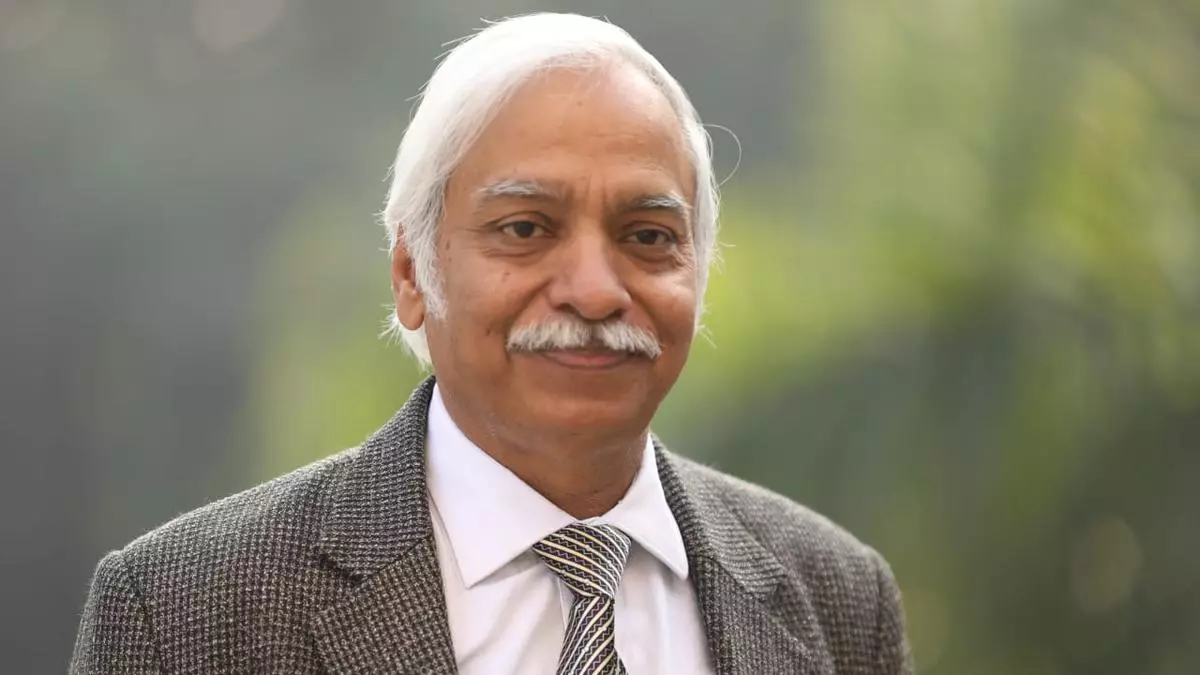Tea sector should take up aggressive branding to regain lost markets, says IIPM’s Rakesh Joshi
India should go in for aggressive branding of its teas to regain its lost market share and help producers realise better prices, said Rakesh Mohan Joshi, Director, Indian Institute of Plantation Management. Reducing tea output to stabilise the prices, as suggested by a section of the industry in the recent past, is not a solution to address the prevailing crisis, Joshi told businessline.
The United Planters Association of South India (UPASI) has recently opined that reducing the production of tea, which is in excess supply over domestic consumption, would help address stabilise the prices.
Joshi suggested that the Tea Board should focus on brand-building and promotion in the international market, a move that would help producers and all stake holders in better price realisation.
India’s share in the world tea market, which stood at some 27 per cent about 30 years ago, has now come down to around 6-7 per cent, Joshi said.
“Our dominance in the international market is coming down and we need to take up aggressive branding to maintain that. Rather than producing less tea, you should spend more in creating a brand, where you can get better value,” he added.
Also read: Export demand buoys prices of some orthodox tea varieties in Kochi sale
Price realisation by the producers of plantation crops in India have been lower when compared to our competitors. For the sustainability of the plantation sector, better price realisation is important and the Board and the industry should take a cue from countries like Sri Lanka in building a strong overseas brand for Indian tea.
Stressing the need for a generic campaign for tea in the domestic market, Joshi said the board and industry association should take cue from the likes of Got Milk advertising campaign in America and National Egg Coordination Committee’s campaign for eggs to boost the domestic consumption of teas, Joshi said.
With availability of labour and rising wages becoming a challenge amidst the strict enforcement of labour laws by state governments, the tea sector should focus on improving productivity by leveraging technologies such as artificial intelligence and better practices to overcome the cost pressures and price challenges, Joshi said.
